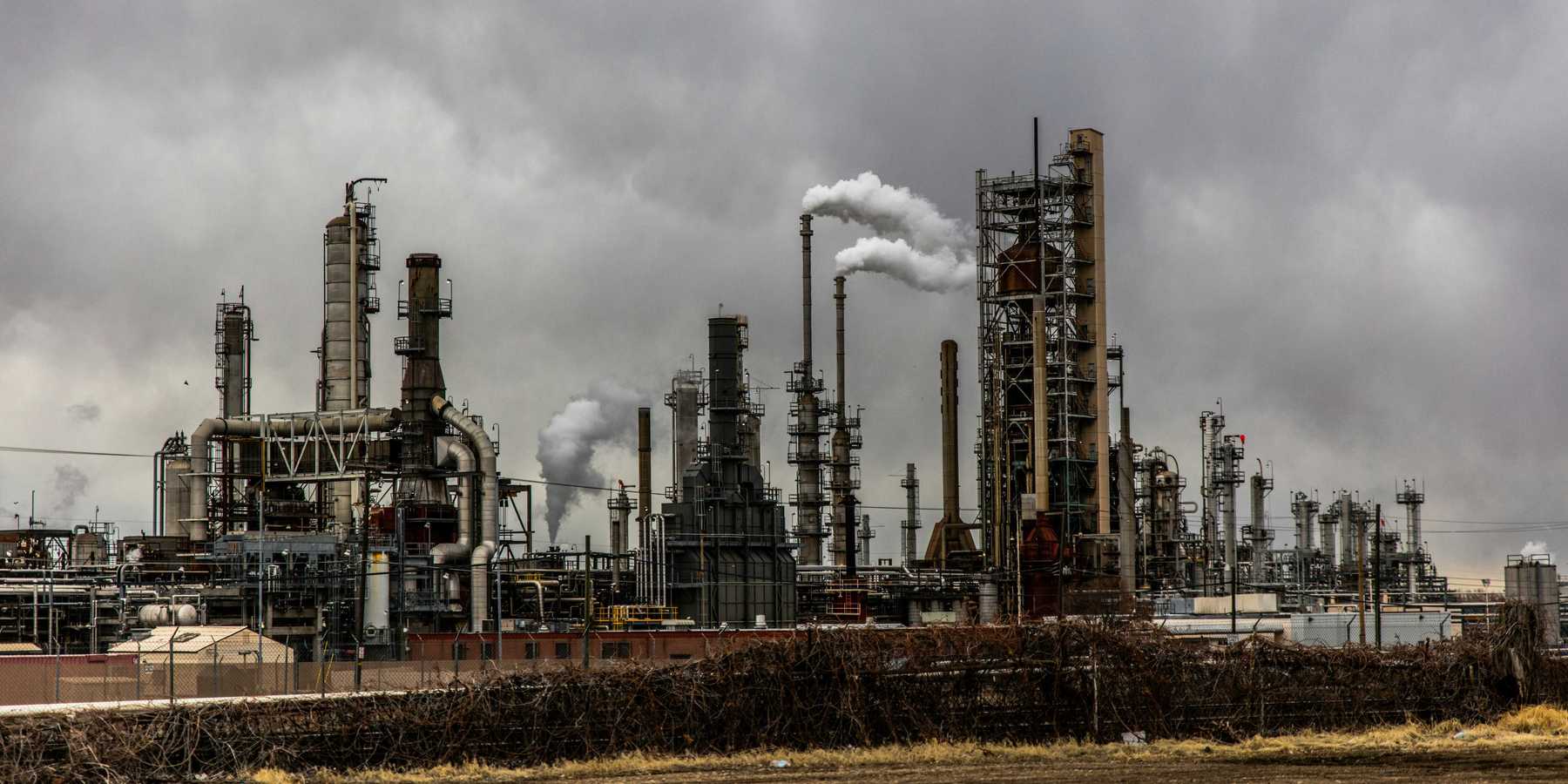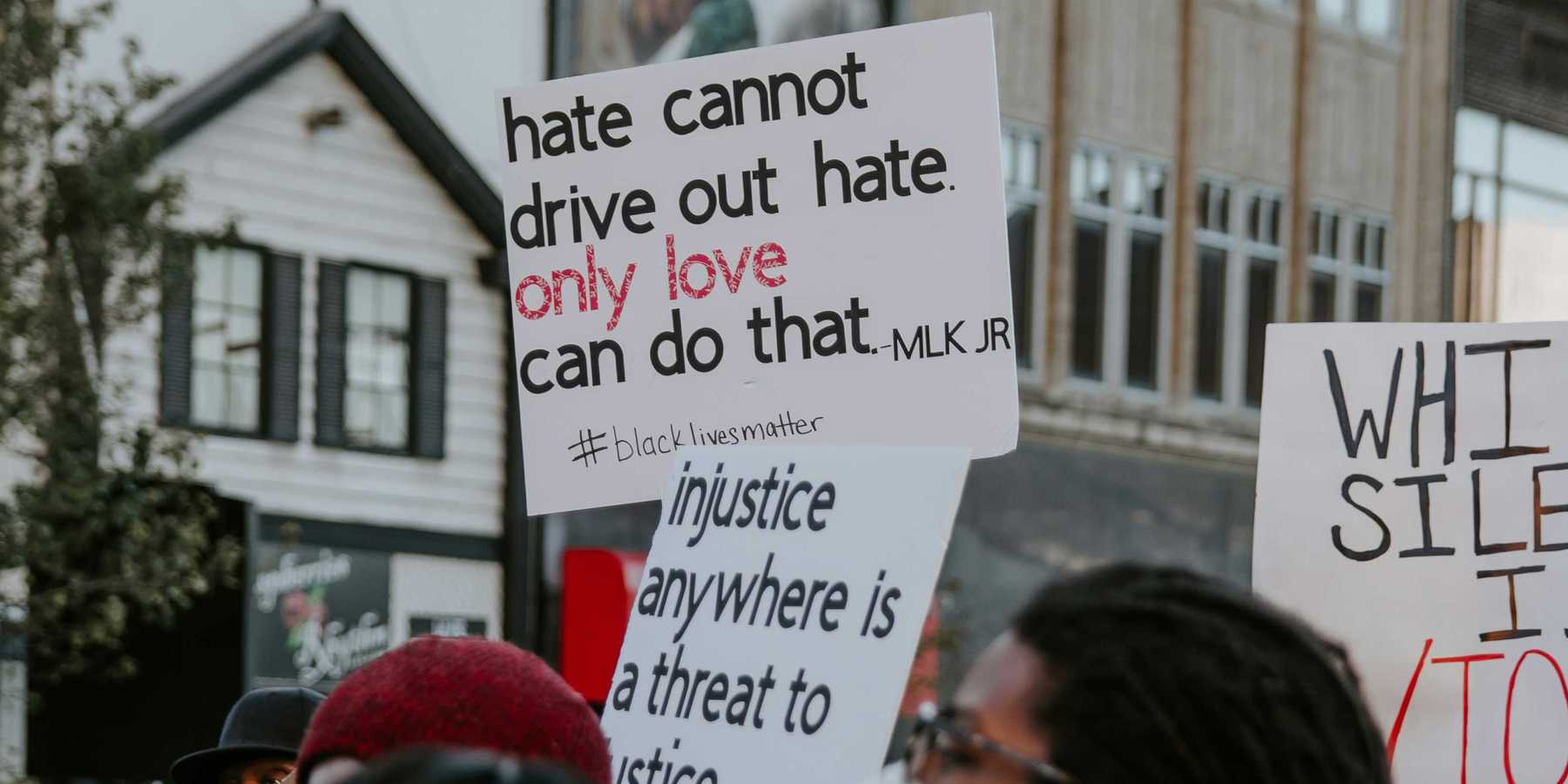Wildfires and the invasive species fueling them across the US
In an increasingly warmer world, wildfires are not just a western issue but a nationwide concern, exacerbated by nonnative plants.
In short:
- Non-native species like eucalyptus and invasive grasses are contributing to the rise in wildfire occurrences and intensity across various ecosystems.
- The spread of invasive species, compounded by climate change, not only threatens local ecologies but also poses significant economic burdens globally.
- Strategies for mitigating wildfire risks include limiting nonnative plant introductions and enhancing detection and management of invasive species.
Key quote:
"Fires in places that are not used to fires are going to become much worse because of invasive species."
— Anibal Pauchard, professor at the University of Concepción and director of the Institute of Ecology and Biodiversity in Chile
Why this matters:
Many invasive plants grow more rapidly and densely than native species, creating a larger and more continuous fuel load. For example, grasses like cheatgrass in the western United States dry out quickly, providing readily ignitable material that can lead to more frequent and extensive fires. This change in fuel composition can make fires more likely to occur and more difficult to control.













